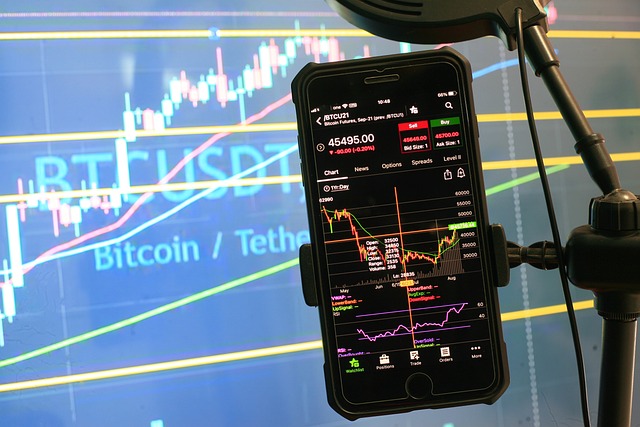5AMLD: How the New European Directive Affects Crypto
With the rising popularity of cryptocurrencies and the increasing concerns surrounding money laundering and tax evasion, governments around the world have been taking measures to regulate the crypto industry. One such measure is the implementation of the 5th Anti-Money Laundering Directive (5AMLD) by the European Union (EU).

What is the 5AMLD?
The 5th Anti-Money Laundering Directive is a regulatory framework introduced by the EU to combat money laundering, terrorist financing, and other illicit activities. It aims to establish a more transparent and accountable cryptocurrency ecosystem by imposing stricter regulations on virtual asset service providers (VASPs), such as crypto exchanges and wallet providers.
Impact on Crypto Exchanges
Under the 5AMLD, crypto exchanges are required to implement customer due diligence measures, including Know Your Customer (KYC) procedures, to ensure the identification and verification of their users. Additionally, exchanges are obligated to report suspicious transactions to the relevant authorities.
Crypto Exchanges Reporting to IRS
Although the 5AMLD applies to all EU member states, it is important to note that it focuses primarily on combating money laundering within the European jurisdiction. Therefore, crypto exchanges operating solely outside of the EU may not be subject to these specific reporting requirements.
While some exchanges, based in the United States, like Coinbase, adhere to strict reporting guidelines enforced by the Internal Revenue Service (IRS), there are international exchanges that do not have the same reporting obligations to the IRS.
Privacy-Focused Exchanges
Privacy-focused exchanges, such as Binance, offer users the ability to trade cryptocurrencies without mandatory KYC procedures. As a result, these exchanges may not necessarily report user information to the IRS.
Decentralized Exchanges (DEX)
Decentralized exchanges operate on blockchain technology and do not rely on a central authority to facilitate transactions. DEXs offer a more anonymous trading experience, making it difficult for the IRS to track user activities and enforce reporting requirements.
The Importance of Tax Compliance
While some crypto exchanges may not report to the IRS directly, it is crucial for individuals to understand and comply with their local tax obligations. Depending on the country of residence, cryptocurrency transactions may be subject to capital gains tax, income tax, or other applicable taxes.
Consultation with Tax Professionals
Given the complexity and evolving nature of crypto tax regulations, it is advisable for individuals engaging in crypto trading to seek advice from qualified tax professionals. They can provide guidance on tax reporting requirements and help ensure compliance with local tax laws.
Conclusion
The implementation of the 5AMLD demonstrates the EU's commitment to combat money laundering and enhance cryptocurrency regulation. While some crypto exchanges may not report directly to the IRS, it is important for individuals to stay informed about their local tax obligations and seek professional guidance to avoid any legal repercussions.
For more information on the impact of 5AMLD on the crypto industry, you can refer to this detailed article.